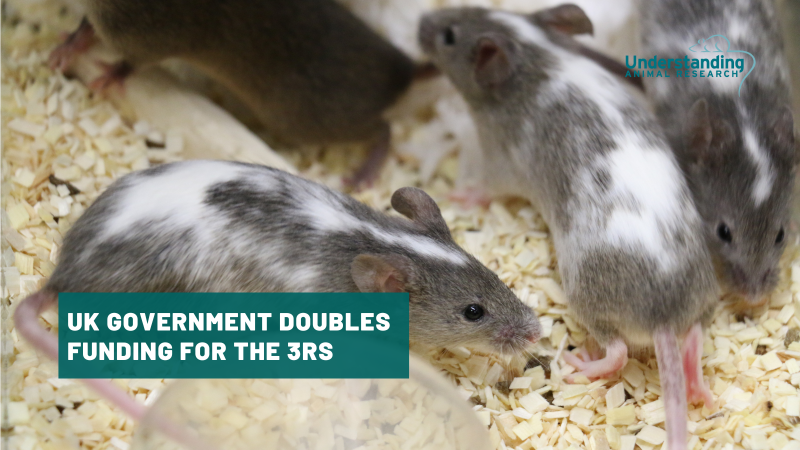Text to go here...
The UN has just announced that rinderpest, a virus that used to cause deadly outbreaks in cattle, has been eradicated in the wild. A UN programme devoted to wiping out this disease was launched in 1994.
In 1999 the US Food and Agriculture Organization declared the disease would be eradicated by 2010 and now, well before year end, the control programme has been formally closed down. No new outbreaks of the virus have been seen anywhere in the globe since 2001.
The invasions of Gengis Khan spread the Rinderpest virus from Asia into Europe and then the colonial movements of Europeans took the disease all around the world.Rinderpest was so virulent that it would kill three quarters of the cattle it infected.
Outbreaks frequently led to human starvation.The UN control programme has been a model of international scientific co-operation with a combination of surveillance, culls of diseased animals, and vaccination of all animals in cordon sanitaires around any outbreak.
The success of the programme was in large part due to the cheap and very effective vaccine developed by the British scientist Walter Plowright soon after the second World War. Plowright worked in the East African Veterinary Research Organisation in Mugugu, Kenya. Here he adapted a cell-culture technique used to develop polio vaccine to produce a weakened live virus vaccine.
Field trials between1956 and 1963 showed the vaccine was safe and conferred lifelong immunity on cattle. Plowright, who died earlier this year, was awarded the prestigious World Food Prize in 1999 for developing this vaccine against rinderpest.
The UN announcement can be seen here.
Walter Plowright - a Times obituary can be seen here.
More about animal health here.
Last edited: 11 January 2022 10:29



